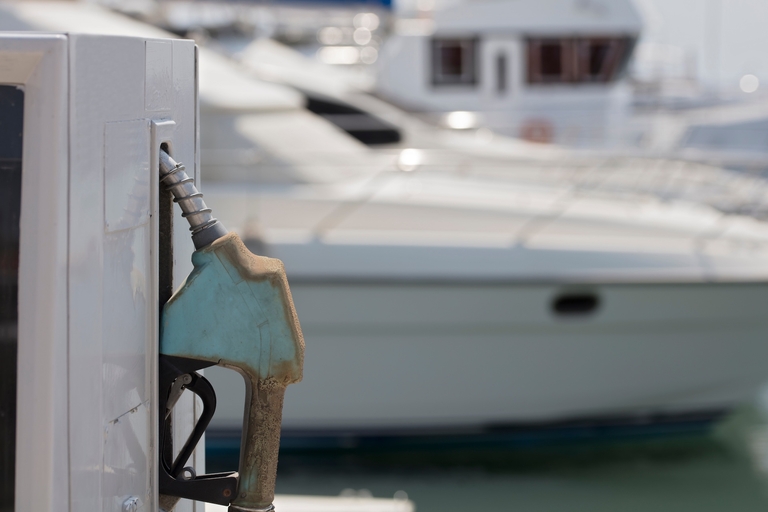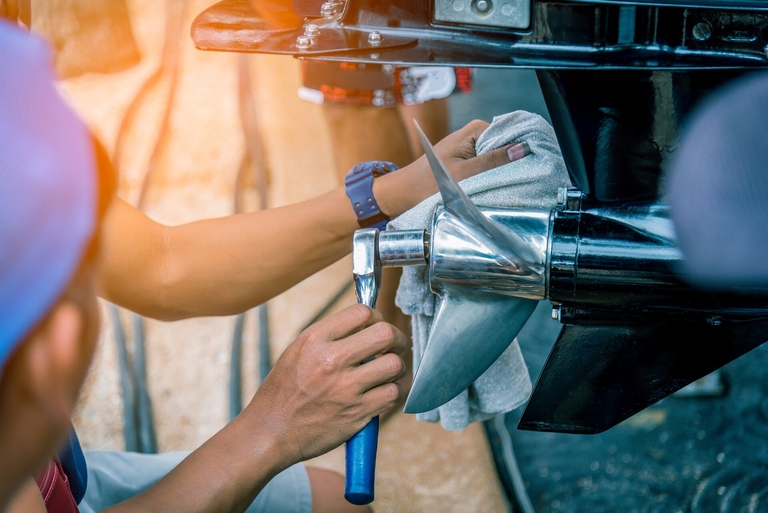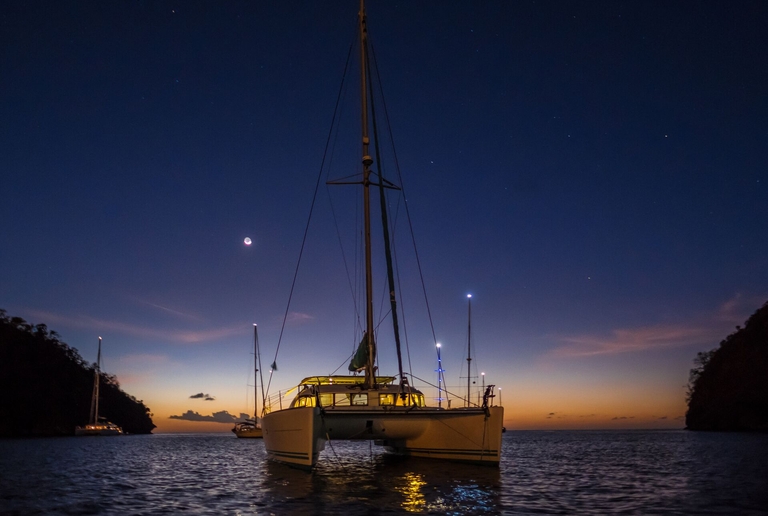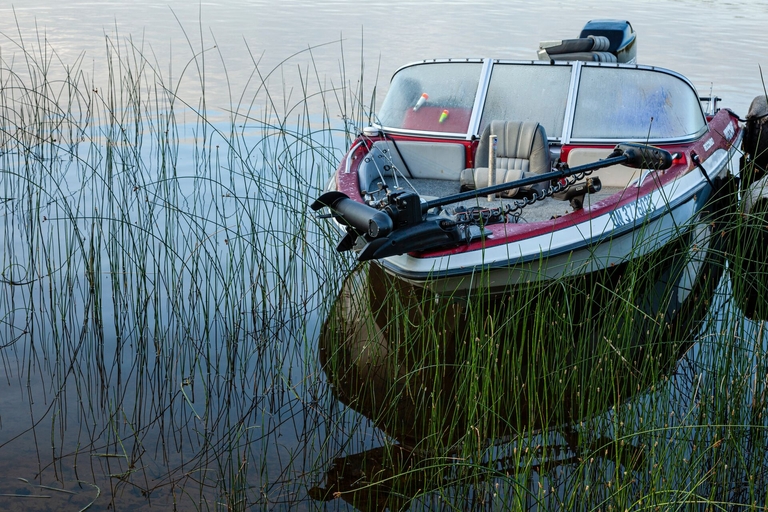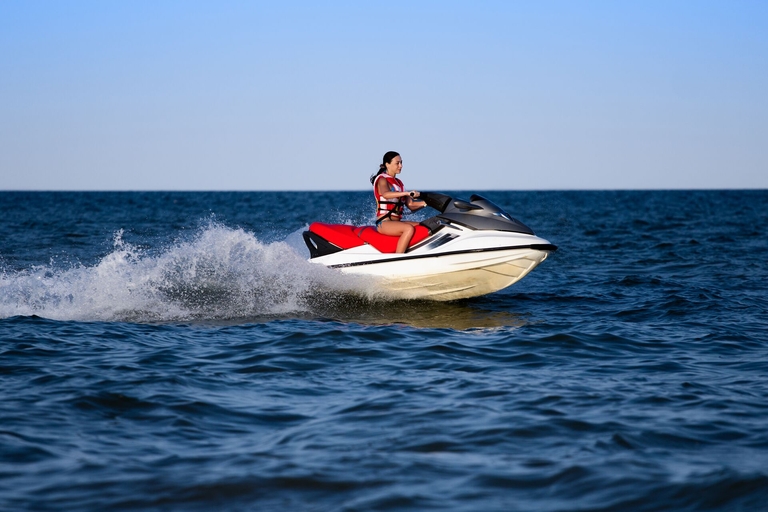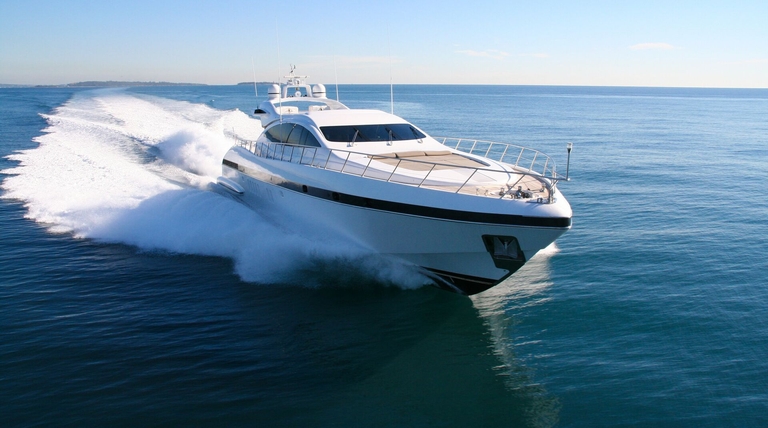A Guide to Angling for Beginners
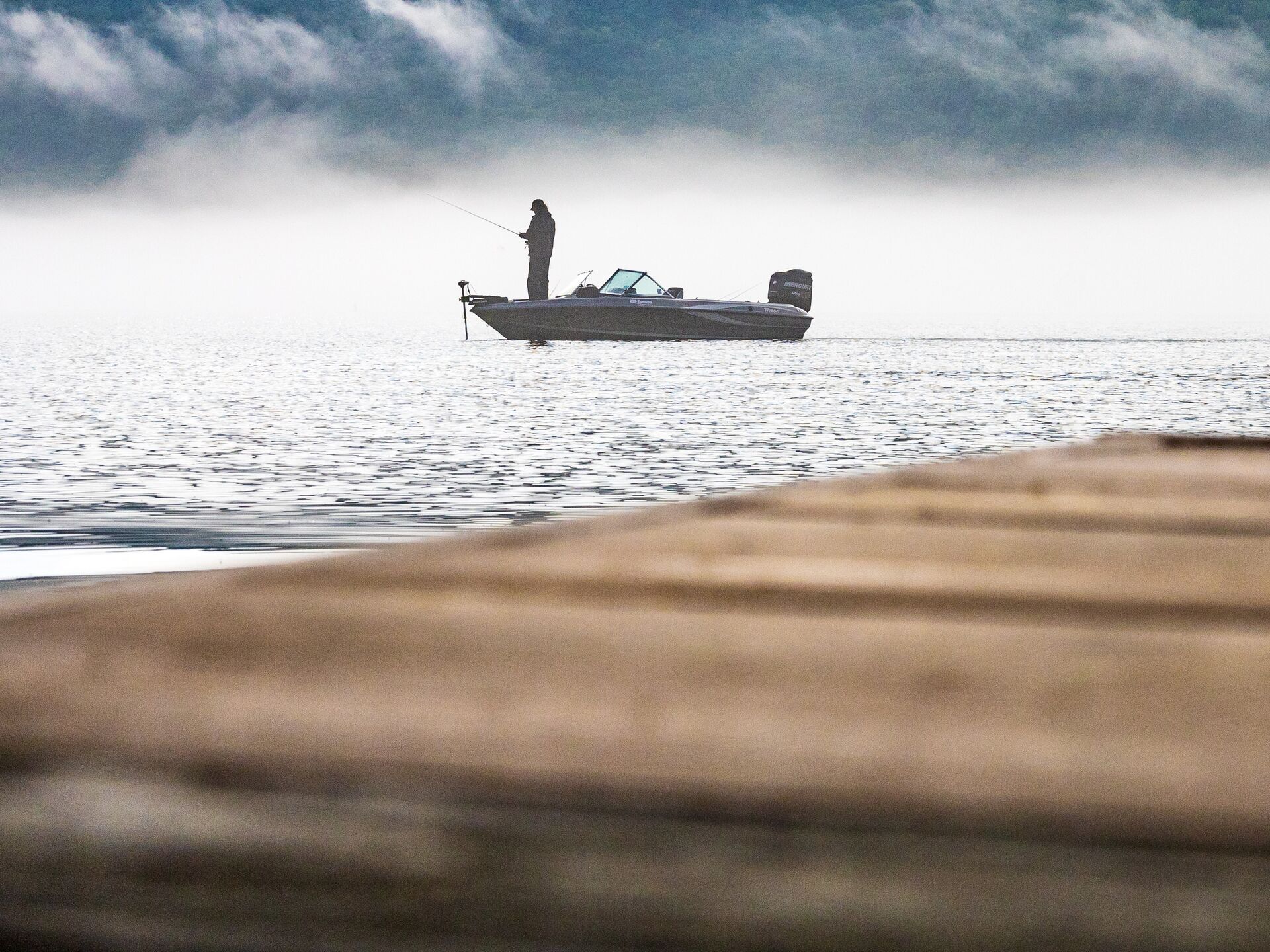
If you're interested in learning to fish, we're here to help! Angling and boating go hand in hand, so it's important to know the safest ways to do both for season after season of fishing and boating.
Ready to learn? Keep reading for our guide to angling for beginners. We'll help you enjoy your time on the water, be safe while fishing, and start a new hobby.
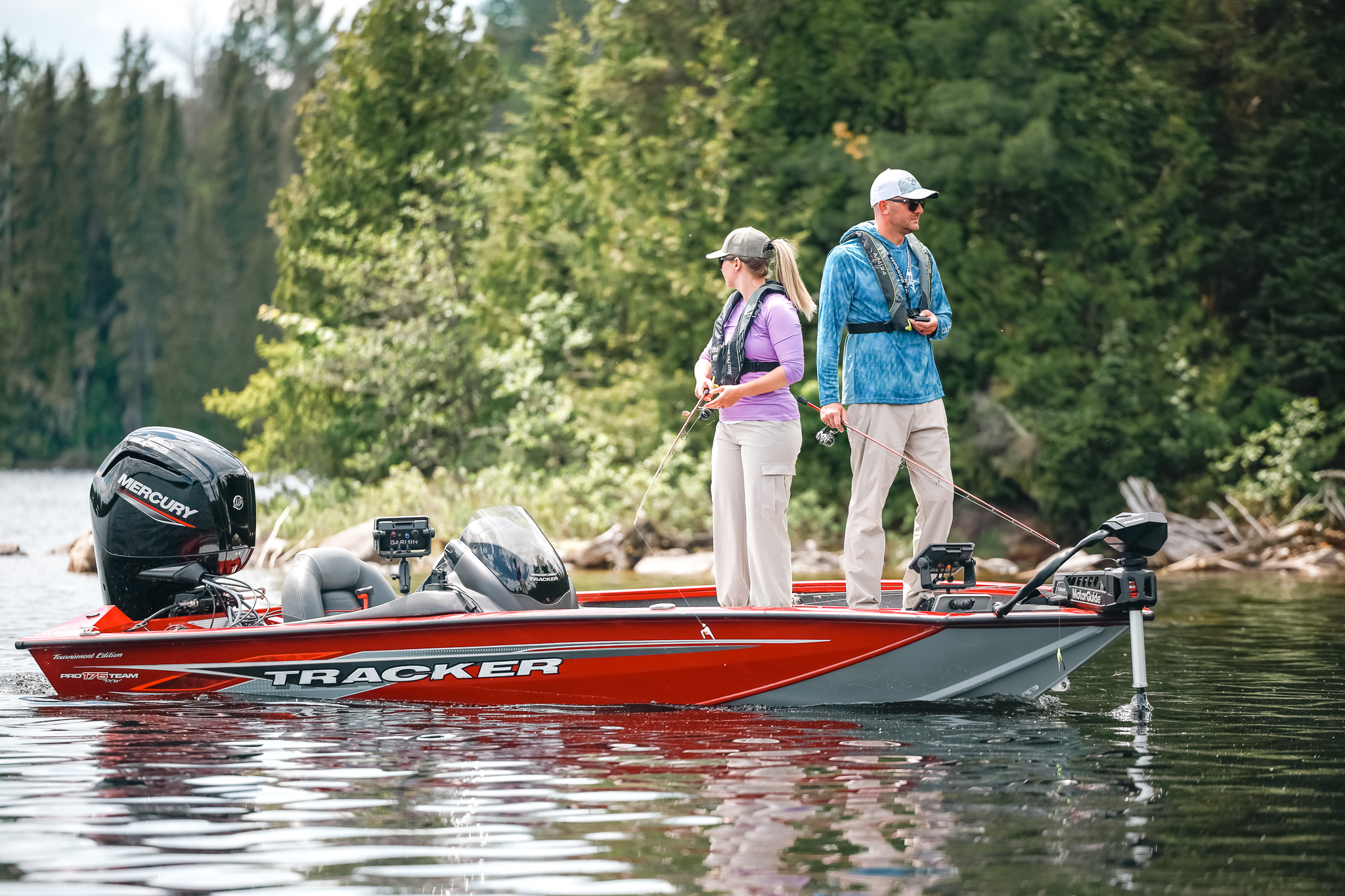
What is Angling?
There are many ways to fish, but angling is defined as fishing with a rod, line, and hook. Anglers can be hobbyists, in that they fish for fun, or competitors, in that they fish for sport. Some people do both, but most anglers fish because they like it.
There's a lot of relaxation and a great connection to nature that can come from angling, prompting people to do more of it once they learn the basics. If you're looking for a way to get away from the big-city hustle or get out of the office, you may want to learn some fishing basics for beginners and try your hand at angling.
Essential Gear for Beginner Anglers
Among the most essential angling tips are those that give you crucial information about the gear you need.
First, you'll want a rod and reel. There are a couple of different kinds, but spinning rods are the most beginner-friendly. Once you get more experience, you may want to choose a casting rod instead.
The best line option for getting started is monofilament, which has several strengths. You should choose a strength that works with the rod and reel you've chosen, along with the typical weight of the fish you want to catch. The stronger the line, the better since that can help you catch larger fish without worrying about breakage.
You'll also need hooks and bait. Some people choose live bait like worms or minnows, but you can also use artificial lures. Then, make sure to add some essential tools and fishing equipment to your tackle box, like pliers, bobbers, and swivels.
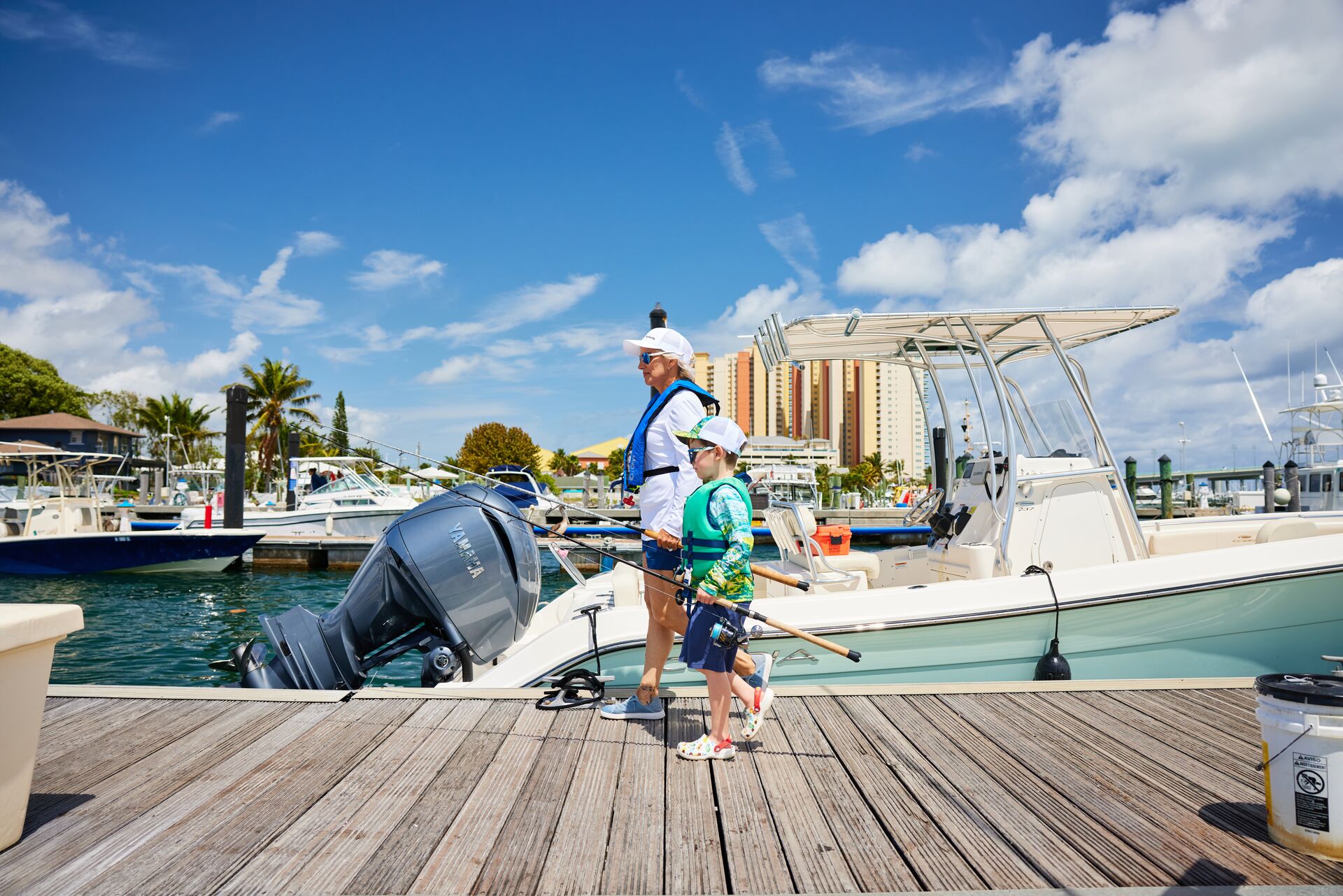
Learning the Basics of Casting
The proper casting technique is essential when you want to get started on your angling adventure. When you're learning, practice casting in open areas or with targets to avoid hitting anything you don't intend to hit, and learn how to direct your hook.
Tangled lines are among the most common mistakes for beginning anglers, but some practice and preparation can help you avoid them. If possible, get some angling tips from someone who already knows how to fish. They can help you learn more about angling and reduce your chances of making mistakes.
Understanding Local Regulations
Local regulations differ depending on where you are, but you'll need a fishing license in most locations. You shouldn't go fishing without proper licensing since that can come with fines and other penalties. Getting a license isn't expensive or complicated, but it's crucial.
Along with getting a license, angling tips include learning about fishing limits, species-specific rules, and protected areas. Your state or other location should have resources for angling regulations, which can make angling for beginners much easier.
Choosing the Right Fishing Spot
Traveling through waterways and choosing the right spot can make angling more fun. Ponds, small lakes, and calm rivers are ideal locations for beginners. Look for drop-offs, structures, and vegetation, which are great places for fish to hide.
The best times to fish are generally in the early morning and at dusk, but that can depend on the season.

What Are the Best Fish Species to Start With?
Beginner-friendly fish species include catfish, bluegill, and bass. Take time to understand their behavior and habitat preferences, and you'll be more likely to catch them successfully.
The more you learn about the types of fish you want to catch, the more prepared you'll be.
Catch and Release or Keep?
Should you keep your catch or release it back into the water?
Catch-and-release fishing has ethical considerations, and it's vital to understand how to handle fish so you don't harm them. If you plan to keep your fish for eating, you'll want to learn how to clean and prepare them properly so they're safe to consume.
You'll also want to check local regulations, as some areas may require anglers to release certain fish species.
Safety Tips for New Anglers
Boating safety is an essential part of angling, but so is safety surrounding handling hooks and sharp tools. You don't want to injure yourself while trying to have fun.
Additionally, ensure you always have access to a personal flotation device (PFD) when you're on a boat, and stay aware of water safety and weather conditions.
Build Your Angling Skills Over Time
Over time, you'll get better at angling, but patience and practice matter. Consider joining a local fishing club or forum to connect with more experienced anglers. There are also beginner fishing books, apps, and online videos that can help.
Learn to Read the Water
One way to improve your angling is to observe water conditions such as movement, clarity, and temperature. You can spot signs of fish activity by looking for surface splashes and feeding birds.
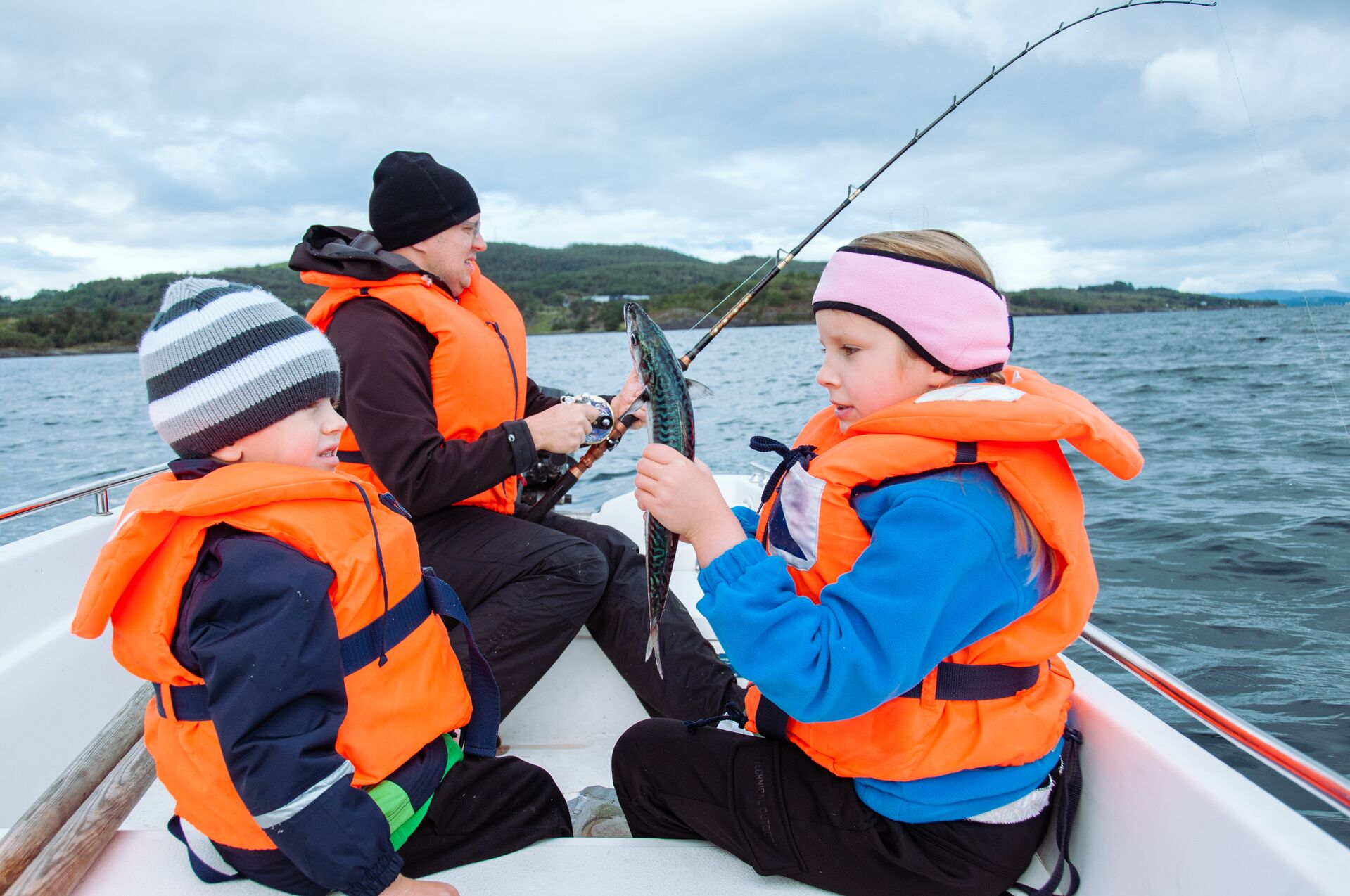
Use These Angling Tips to Find the Joy of Angling
Don't get too hung up on perfecting the angling tips we shared today. Most of all, take time to enjoy the journey, not just the catch. Fishing can help you bond with family, friends, and other anglers and give you more time in nature. By relaxing and appreciating everything angling offers, you can more fully enjoy the experience.
Before heading out for a fishing trip on your boat, make sure you know how to stay safe on the water. The best way to do this is to take a boating education course through Boat-Ed! Not only can doing this help you have a better time while fishing, but it can help protect you and your passengers whenever you're on the water.
Your state or province probably also requires a boating education course before operating a boat. Let us help!
Choose the course for your state, or take our course for Canadian boaters, pass the exam, get your boater education card, and then take your boat out for a fishing trip.

